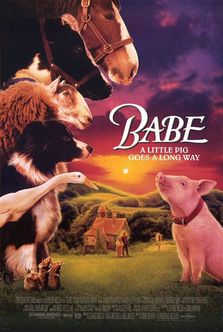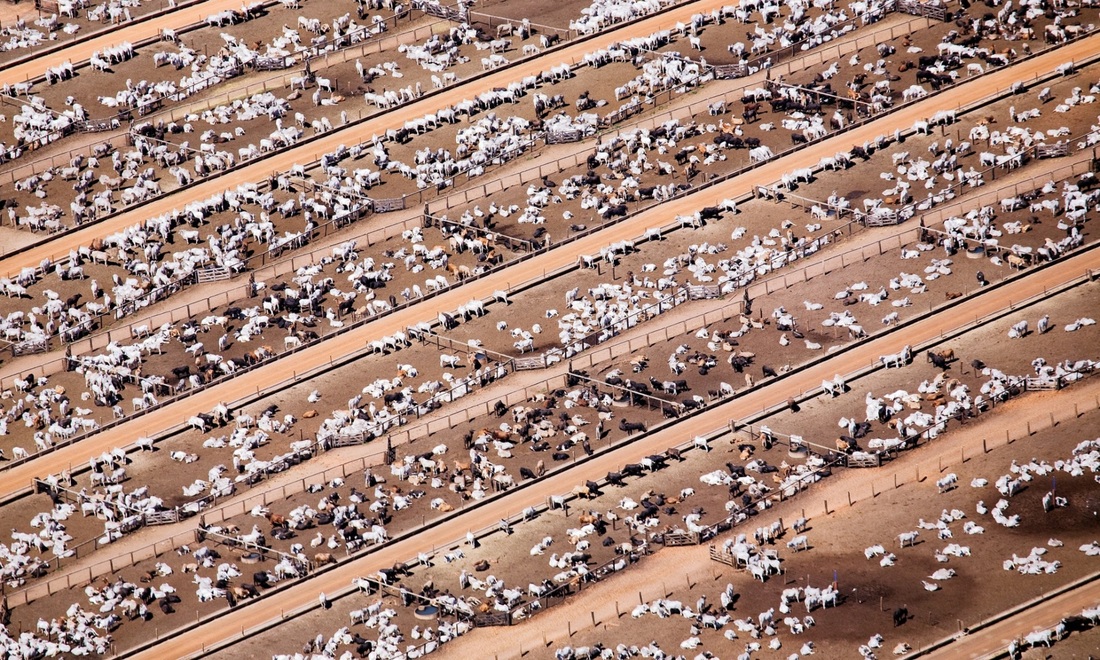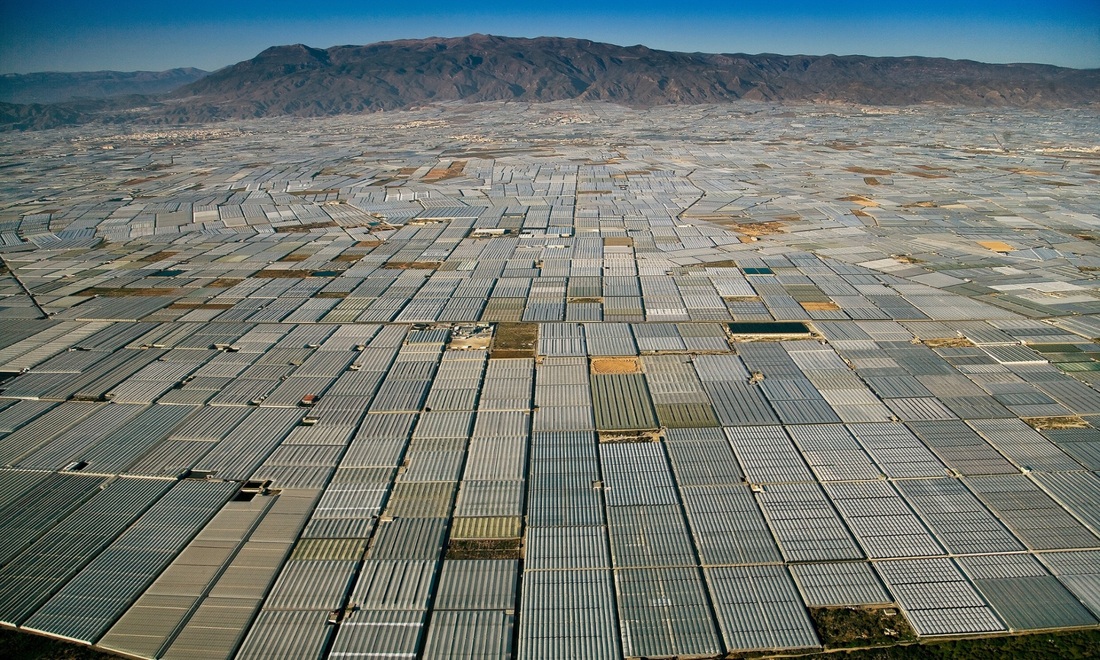-------------------------------------------------------------
After forty years of vegetarianism, Max Berger was about to sit down to a feast of pork sausages, crispy bacon, and pan-fried chicken breast. Max had always missed the taste of meat, but his principles were stronger than his culinary cravings. But now he was able to eat meat with a clear conscience.
The sausages and bacon had come from a pig called Priscilla he had met the week before. The pig had been genetically engineered to be able to speak and, more importantly, to want to be eaten. Ending up on a human's table was Priscilla's lifetime ambition and she woke up on the day of her slaughter with a keen sense of anticipation. She had told all this to Max just before rushing off to the comfortable and humane slaughterhouse. Having heard her story, Max thought it would be disrespectful not to eat her.
The chicken had come from a genetically modified bird which had been 'decerebrated'. In other words, it lived the life of a vegetable, with no awareness of self, environment, pain, or pleasure. Killing it was therefore no more barbarous than uprooting a carrot.
Yet as the plate was placed before him, Max felt a twinge of nausea. Was this just a reflex reaction, caused by a lifetime of vegetarianism? Or was it the physical sign of a justifiable psychic distress? Collecting himself, he picked up his knife and fork...
Baggini, J., The Pig That Wants To Be Eaten, 2005, p. 13.
------------------------------------------------------------
I've never been exactly in Max's shoes, but I was a vegetarian for 10 years after reading Diet for a New America way back in the mid-1990's. I was living in the San Francisco Bay Area at the time and several of my volleyball friends read this book and passed it around to each other. Quite a few of us ended up switching to vegetarian diets even though we were serious athletes training several times a week to compete at the highest levels of amateur volleyball. The details in the book, however, about the horrors of America's factory farming system and the dangers of ingesting too much protein (antibiotic and hormone filled protein at that) were just too much to ignore. The book also made an important observation that although we are omnivores who seem to live quite happily for an average of 70-80 years whether we're on strict vegetarian diets (in India for example) or mainly subsist on milk and meat (as in Mongolia or the Arctic), our long digestive tracts are not the same as those of carnivores who tend to have short straight shots from stomach to anus to avoid too much contact with rotting meat. The book made the case that while we *can* eat meat, we probably shouldn't be eating nearly as much as we do. It didn't ask everyone to become a vegetarian, but I became one anyway due to health concerns about the industrial farming practices in America. I did recognise that a little bit of meat every now and again probably wouldn't be bad for me though.
Over the next decade, America's farming ideals saw some big changes. More people were demanding and raising organic vegetables, grass-fed beef, and free-range chicken, pork, and veal. Food writers like Michael Pollan and Mark Bittman emerged. Movies like Food Inc. rode at the crest of a wave of activist documentaries. I remember reading an article describing some of the people in this movement as "conscientious omnivores" (Con-Oms for short) and decided I wanted to help their cause by supporting these new, small, but more sustainable businesses with my money. After 10 years, I started to eat meat again, but always by trying to push sustainable and ethical sources to succeed and become even more conscientious.
Why do I bring up that whole personal history? Because I want to point out how just the basic question of eating meat does not have a black and white answer for me even before introducing talking pigs and zombie chickens into the equation. The evolutionary history of life on earth is one filled with different species eating other species in a generally sustainable circular food chain. It is much easer to obtain certain nutrients by eating other animals, and ecological systems tend to find ways to remain in balance, even if that means there are times of booms and busts outside of the average existence. But it's a fallacy to say that what has been seen in nature is necessarily moral. And if the objective moral goal of life on earth is to remain alive for the long term of evolutionary timespans, then what works best? Riding out these booms and busts? Removing ourselves from the previously natural food cycle? Or replacing it with monoculture agricultures? Check out these photos of feedlots and greenhouses in the recent article "Over population, over consumption in pictures" and see what you think.

Now about that talking pig Priscilla. Max was right to have twinges of nausea when considering eating her. We human animals aren't genetically programmed robots - we have genes that give us a propensity to act in certain ways, but freedom to adapt to the rules that society places on us for all manner of societies that we are born into. If we genetically modified a pig to talk, it similarly would be unlikely to operate solely by genetic commands. Surely then, we could convince it to strive for much higher purposes in life than simply to end up on our plate. Just look at the possibilities that Babe showed us for goodness sake! We don't let people in religious cults give themselves up to the leader of their group. We shouldn't let a super smart pig be convinced it has no better purpose than that either.
As for the "decerebrated" bird, I'm not sure what that means exactly. If it's just bird-meat grown in a petri dish, and we're certain it's safe to ingest, then I don't see any problem with eating that. If it's a live animal roaming around a barn or field, filling up on gravel and grubs, laying eggs and hatching chicks, then I presume it couldn't do all that and really be "living the life of a vegetable", and so we'd be back to all the questions I raised above about the current state of the meat industry.
What do you think? How do you eat now and why have you made that choice? What would make you change your mind about your current eating beliefs? And if you could, what one question would you ask a talking pig? I think I'd ask Priscilla if she liked to eat people.



